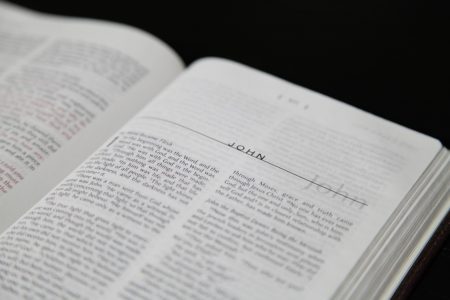What training is required to become a Lay Preacher?
Earlier this decade, the Assembly undertook a review of the Ministry of Lay Preacher. You can read more about some of the initial findings here.
Some of the findings related to how Lay Preachers were trained. This led to a development of the Competencies and Standards for the Ministry of Lay Preacher. In the past, Lay Preachers would study a series of subjects for their training. Now, in order to be recognised as a Lay Preacher, candidates would need to demonstrate they were competent in a number of ways that had been identified by the Assembly in Worship and Preaching.
The standards set by the Assembly have not taken away the need for Lay Preacher candidates to study subjects/courses/units in Old Testament, New Testament, Theology, Christology, Worship and Preaching. It is still important that Lay Preachers have a solid grounding in the Bible, theology, understanding and conducting worship, and the ability to preach well (including preparation). What has changed is that there is now an understanding that appropriate and sufficient learning may be achieved through multiple pathways. Prior learning and prior experience can be recognised when mapping out a pathway of learning for new Lay Preacher candidates.
All Lay Preacher candidates will also undertake some form of formation study around the ethos of the Uniting Church and understanding the Code of Ethics for Lay Preachers. The Lay Education unit, “Understanding the UCA”, offered once or twice a year, gives participants the opportunity to explore the doctrine, ethos, and polity of the UCA over a period of 4 months, with 4 tutorials in a flipped-classroom arrangement.
It is important for applicants/candidates, their mentors, Church Councils, and Presbyteries to seek to understand what is expected in the Standards for the Ministry of Lay Preacher as this will influence what the candidate is required to undertake for training.





